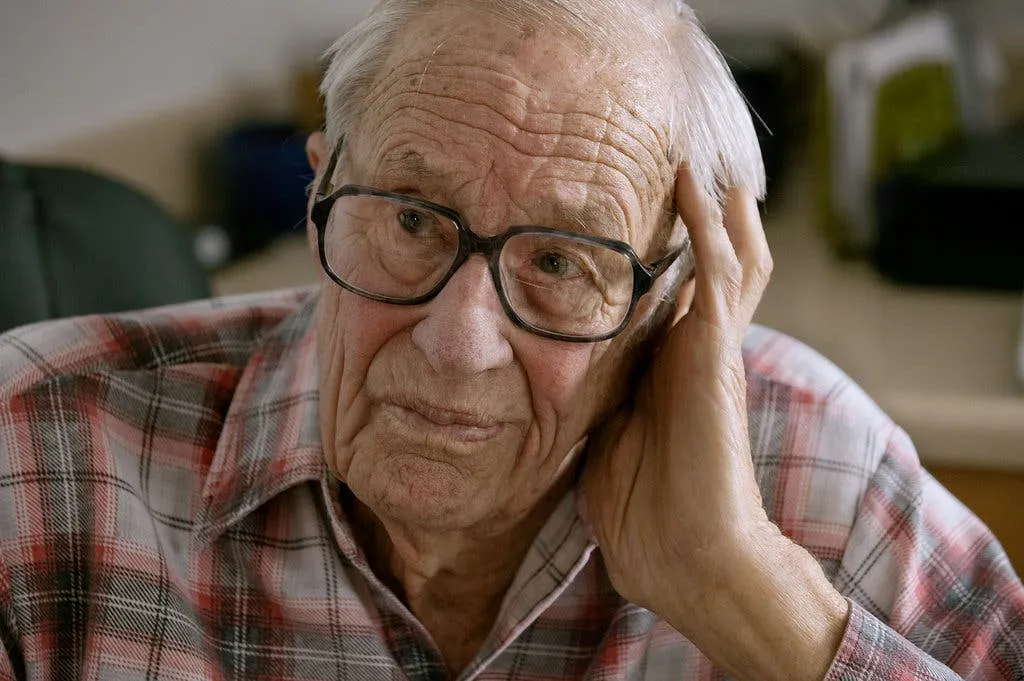In 1942, Bob Emmett Fletcher agreed to manage 90 acres of farmland for his Japanese neighbors who had been forcibly moved to internment camps. (wikipedia.org)
And because no good deed goes unpunished,
Fletcher claimed to have been harassed by his own community and he also found bullet holes in his barn. Fletcher used the proceeds from farming the land to pay the taxes for the interned Japanese. From 1942 to 1945 he managed the Tsukamoto, Nitta, and Okamoto farms. Fletcher’s wife Teressa Cassieri also worked the farms.
But because he was a good decent human being,
The agreement was for Fletcher to keep profits after paying the taxes on the farms, but instead he returned the money to the Japanese farmers when they were released.
From a New York Times profile (cached):
For the next three years he worked a total of 90 acres on three farms — he had also decided to run Mr. Tsukamoto’s farm. He worked 18-hour days and lived in the bunkhouse Mr. Tsukamoto had reserved for migrant workers. He paid the bills of all three families — the Tsukamotos, the Okamotos and the Nittas. He kept only half of the profits.
Many Japanese-American families lost property while they were in the camps because they could not pay their bills. Most in the Florin area moved elsewhere after the war. When the Tsukamotos returned in 1945, they found that Mr. Fletcher had left them money in the bank and that his new wife, Teresa, had cleaned the Tsukamotos’ house in preparation for their return. She had chosen to join her husband in the bunkhouse instead of accepting the Tsukamotos’ offer to live in the family’s house.
The mensch lived to the ripe old age of 101 🙏 🙌 Here’s a photograph.

Source: The New York Times